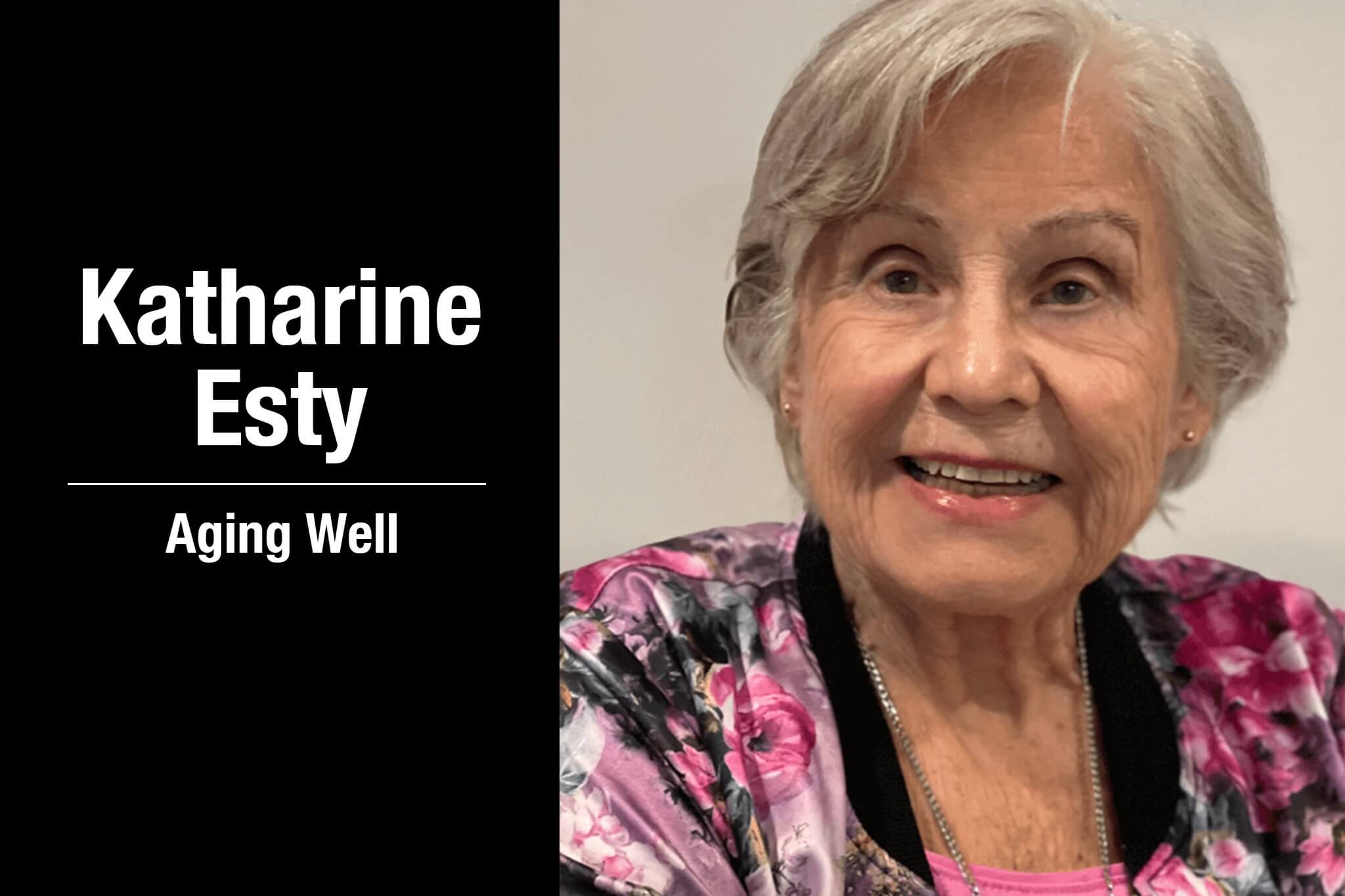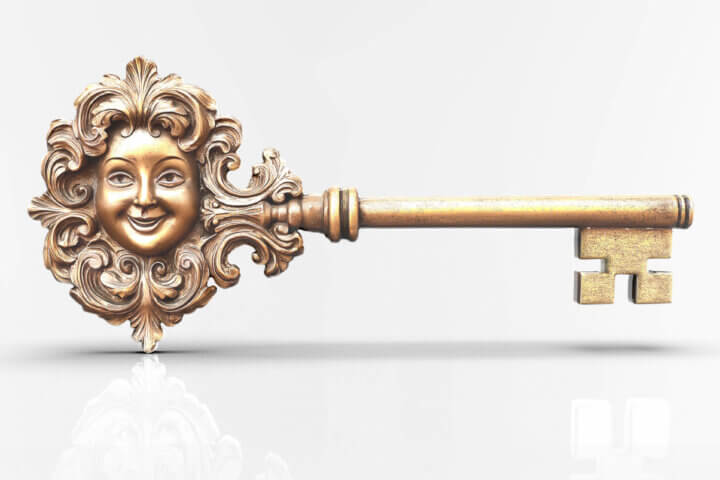By Katharine Esty, PhD — Columnist
The newest Concord Bridge columnist, Katharine Esty, PhD, is a social psychologist, recently retired psychotherapist, and organizational consultant. She is the award-winning author of “EightySomethings: A Practical Guide to Letting Go, Aging Well, and Finding Unexpected Happiness.” Her current writing focuses on creating a new understanding of possibilities for living into old age. Esty has been a resident of Concord since 1972 and is the proud mother of four sons who attended public schools here. At 89, she continues to call Concord her home.
🎶 Make new friends but keep the old.
One is silver and the other gold. 🎶
Good friends are a treasure. But as we age, there is a problem: keeping our old friends gets harder. Our friendship circles shrink year by year. Some friends move away or retire, go south, or move closer to family. As we live into our 70s, 80s, and beyond, it is inevitable that we will lose more and more of our friends.
Yet, as we age, friends become central to our well-being. Surprisingly, they become even more important than our family, according to studies by social psychologist William Chopik and others. “Summaries of these studies show that friendships predict day-to-day happiness more and ultimately how long we’ll live, more so than spousal and family relationships,” he told Phys.org, a science news service.
Many of us live alone and our extended families are busy. Our children are often preoccupied with their jobs, their children, and even some grandchildren. Our families often live at a distance, not close enough for day-to-day meetups. That’s how it is for me now since my partner Peter died. I find myself turning to my friends more than ever before and realizing I need to make new friends as well.
Friendship lifts health
As we age, we may experience hearing loss and develop health conditions like diabetes, arthritis, and neuropathy that make it harder to socialize. Aetna Medical Director Dr. John Moore says, “People who are socially engaged tend to have better outcomes despite their complex conditions.” Studies show friendship is a magic elixir, improving immune systems, and lowering blood pressure and the risk of heart problems. We do better at every age if we have friends. We are healthier and we live longer than those with few friends. If we have friends, we will have a lower risk of depression and anxiety. Most important of all, friends bring great pleasure to our lives.
I have observed that most of us need three different kinds of friends. We need Helpers whom we can count on to be there for us when we need them. They pick us up at the airport and bring us food if we are sick. We also need friends who are Buddies. We go places with our buddies, and we hang out with them. These are the friends with whom I take walks and go out with to the movies. Confidants are the friends with whom we share our deepest concerns and our emotional ups and downs. They listen for hours and give us wise counsel. Of course, some friends might be Helper-Confidants or Buddy-Helpers, but what never changes is our need for a number of different friends.
LIfelong friends
Recently, I have come to believe we benefit from a fourth kind of friend, whom I call a Forever friend. They are the friends that have been in our lives — forever it seems — going back to our childhood or youth. Our lives may have diverged and they usually live far away. But when we meet, or more likely when we talk on the phone, we share precious memories of being crazy kids, the horrors of our youth, and golden moments. Each call becomes an amazing nostalgia trip and a boon to our spirits.
I’ve noticed older people who are thriving are making new friends all the time. Some people, however, in their 70s and 80s believe, “I am just too old to make new friends” or “I don’t need any new friends.” As a psychotherapist, and from my own experience, I have come to know that it is never too late to make new friends. And, if you keep on making friends, I can guarantee that you will be happier.
When you want to reach out and grow your friend circle, the following eight tips will be helpful to you. These are some of what I have been doing in recent weeks. I have invited several people I haven’t seen in months to have dinner. It has been comforting to share a bit about my grieving process with these friends.
8 Tips for Making New Friends as You Age
- Decide you would like to increase your friend circle. Then identify several people among your acquaintances whom you would like to get to know better.
- Reach out. And keep reaching out. Pick up the phone and invite someone to get together — maybe take a walk or have a cup of tea. If that person isn’t available, invite another person or two. We fear rejection. If one or two people reject our invitation, we may withdraw like turtles, settling back into our shells. Instead, keep going with reaching out.
- Don’t keep score. Friendship is not built by my turn-your turn invitations. The person with the energy takes the action.
- Spend time with one person at a time. Making a significant connection happens more easily when it is just the two of you. And the most interesting conversations happen in duos.
- Ask questions. “What would you like to tell me about yourself?” This is a good, open-ended, all-purpose question when you meet someone.
- Be willing to share and be vulnerable. Self-disclosure, the other side of the coin to asking questions, is a critical skill for making a new friend. Deepening a friendship depends on a back-and-forth dialog where both people gradually share what is important to them and disclose their vulnerabilities.
- Tell people that you like them and what it is that you like about them. This, too, helps friendship evolve. We all want to be seen and appreciated.
- Maintain an attitude of openness to new friends. Your own attitude is what matters most — looking at many people you meet, as well as those you already know, as potential friends. A few good places to make new friends are volunteer opportunities, mentoring, political campaigns, and local community activities.






